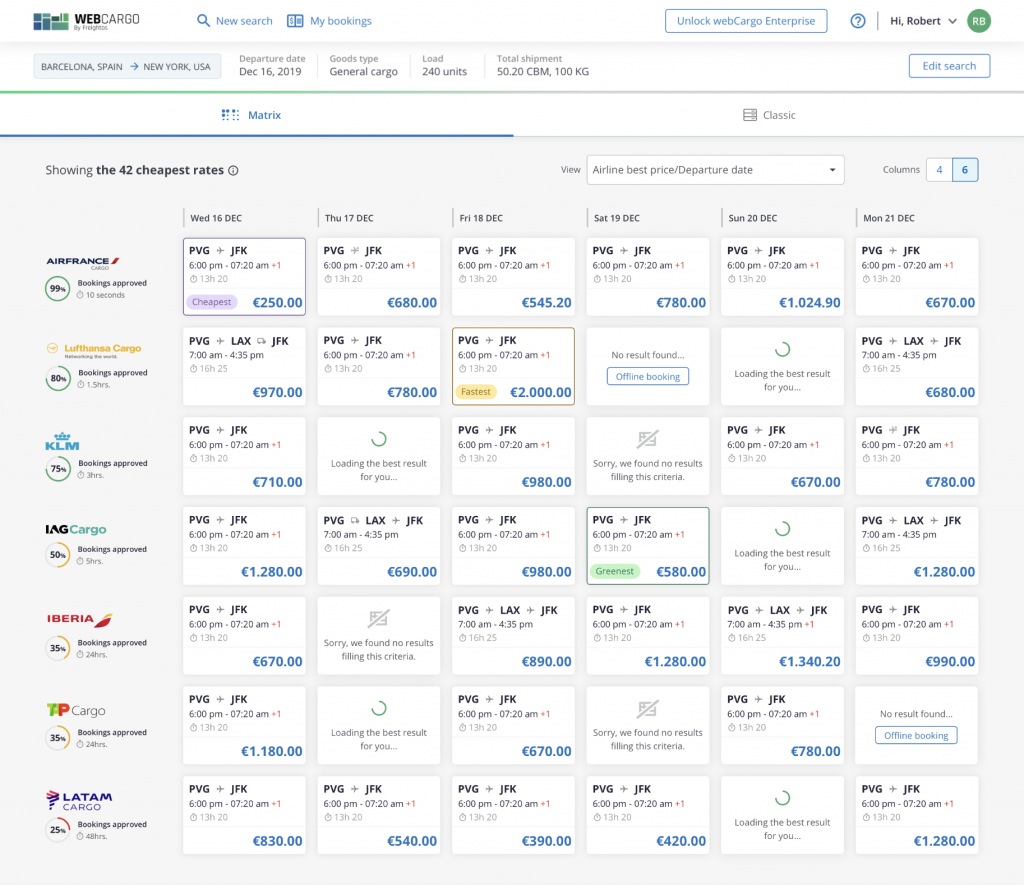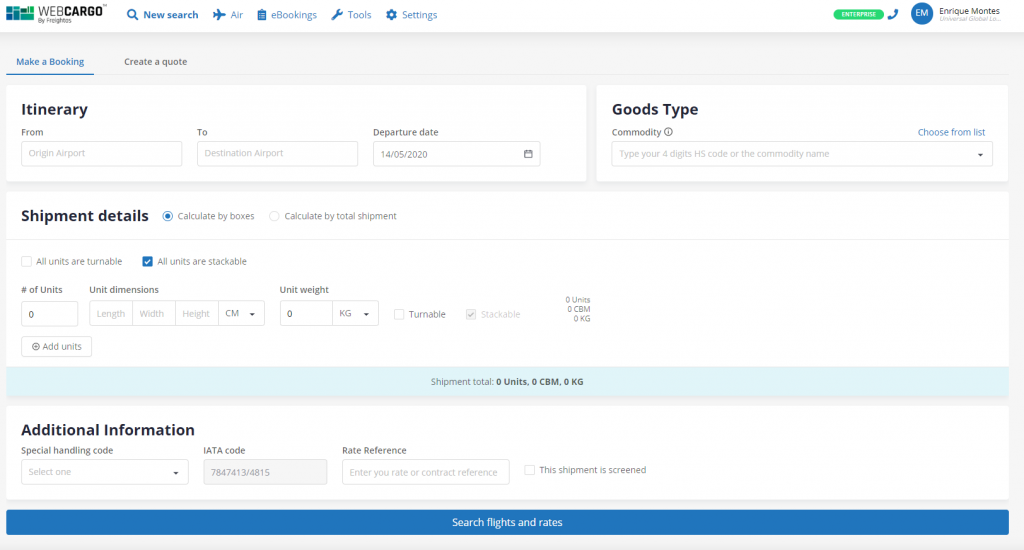Change at scale

What does the Model T automobile have to do with how global trade moves around the world?
And no, it’s not (only) trucking.
The Model T changed how people think.
Henry Ford’s practical, affordable, dependable automobile wasn’t just a faster way to move people and goods from point A to point B. It changed where and what those points could be. The mall is only possible because of the automobile. So are drive-through movies, banks, restaurants, and even pharmacies.
And all this happened because people were able to adapt to the better new realities automobiles afforded easily and, yes, affordably.
Technology doesn’t just change how we do things. It changes what we do.
Technology, when properly deployed, offers new options and new opportunities.
Changing Air Cargo’s “What”
Actual change requires reaching a critical mass of users and helping them to change how they operate. WebCargo is no different. We’re looking to change the way air cargo moves around the world from a largely phone- and paper-based enterprise to a digital, free-flowing, hyper-efficient one.
Getting everyone on board together is the challenge.
There are multiple players in the logistics space, from carriers to GSAs to freight forwarders to customs brokers to shippers and handlers in which information flows between all the key stakeholders. Something as relatively simple as electronic airway bills took nine years to become the industry standard! Each player needs to be convinced that doing their job differently would be doing that job better – and it’s worth it to adapt to the new technology powering that change.
The eBooking Digital Air Cargo Revolution
Take eBooking air cargo, for example.
Forwarders benefit from the speed and pricing clarity eBooking affords. Airlines and GSAs benefit from increased efficiency, greater market reach, and higher load utilization. Shippers benefit from increased pricing clarity, and faster shipping times. Operations personnel in the airports benefit from better clarity and faster document and information flow. But getting everyone on the same page when it comes to new processes and possibilities is challenging.
Which is why our newest announcement is so important.
We’re partnering with IBS to bring digital transformation to air cargo pricing and eBooking, connecting top tier airlines with nearly plug-and-play online sales.
IBS powers operations for more than 30 airlines. By connecting our eBooking capabilities and more to IBS’ software, we allow any airline using IBS’ software to easily connect with WebCargo’s eBooking system and open their cargo capacity to the 1,800 forwarders using the world’s largest eBooking platform. Instead of needing to invest in significant development to offer eBookings, airlines using IBS’ systems can just plug and play into WebCargo. That’s a simpler, easier, more streamlined process.
We’re confident this will help bring more airlines to eBooking platforms, and more flight availability means more options for forwarders looking to move goods around the world. More options means more forwarders transitioning to the new, better way of doing things. I’m looking forward to a future where eBooking air freight is as simple as buying a movie ticket online, and static rates are a memory of times gone by. Forwarders can offer lightning-fast customer service, allowing shippers to send and receive goods faster than ever before. Airlines can optimize load factors. Together, we will continue to bring Digital Air Cargo, and its benefits, to everyone.

